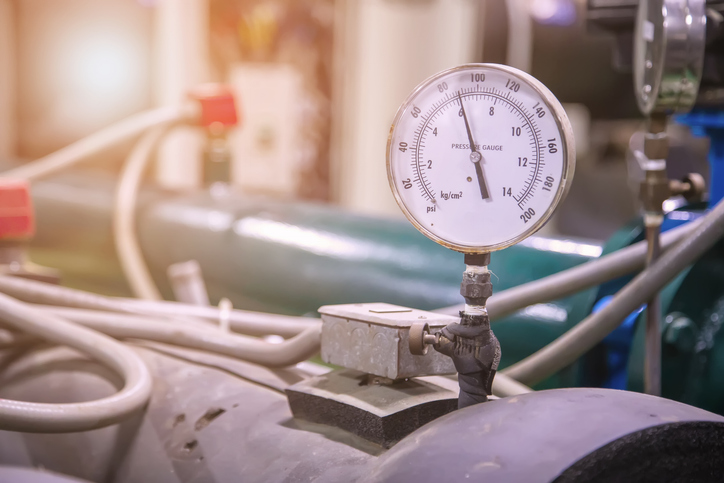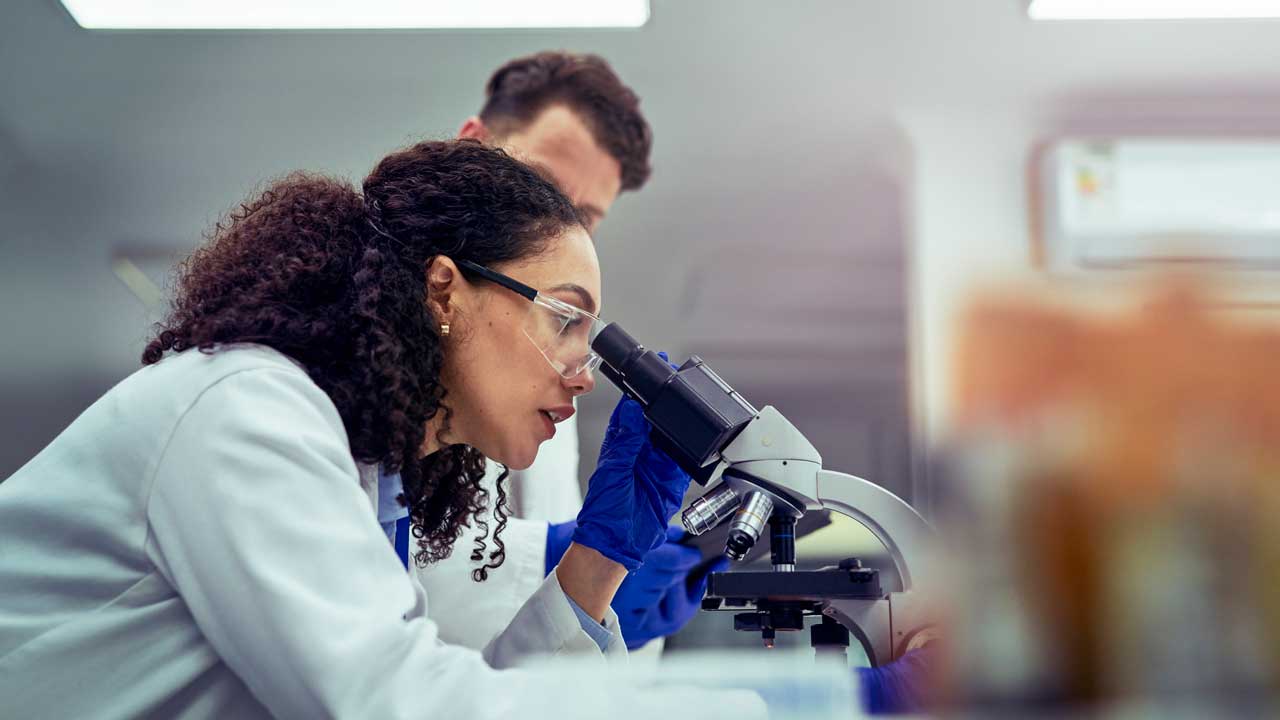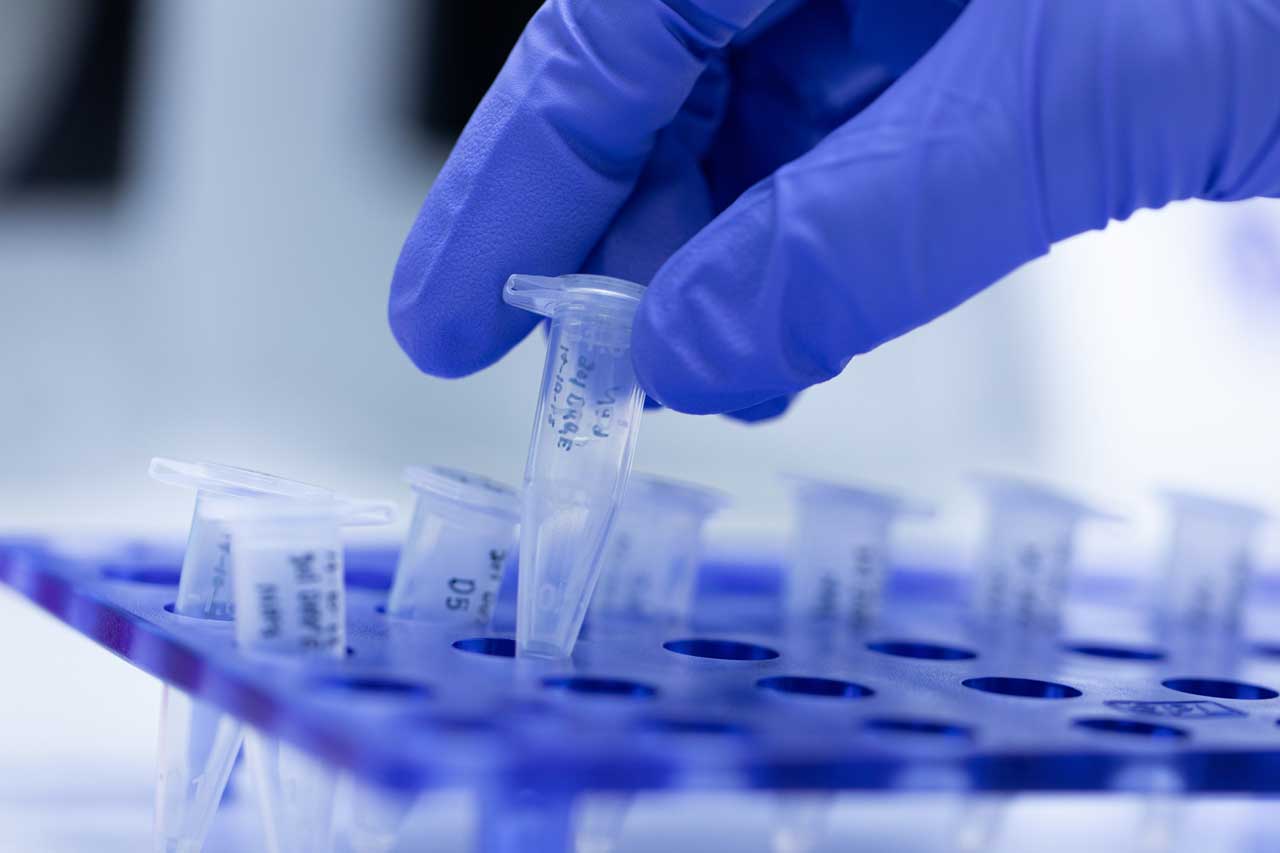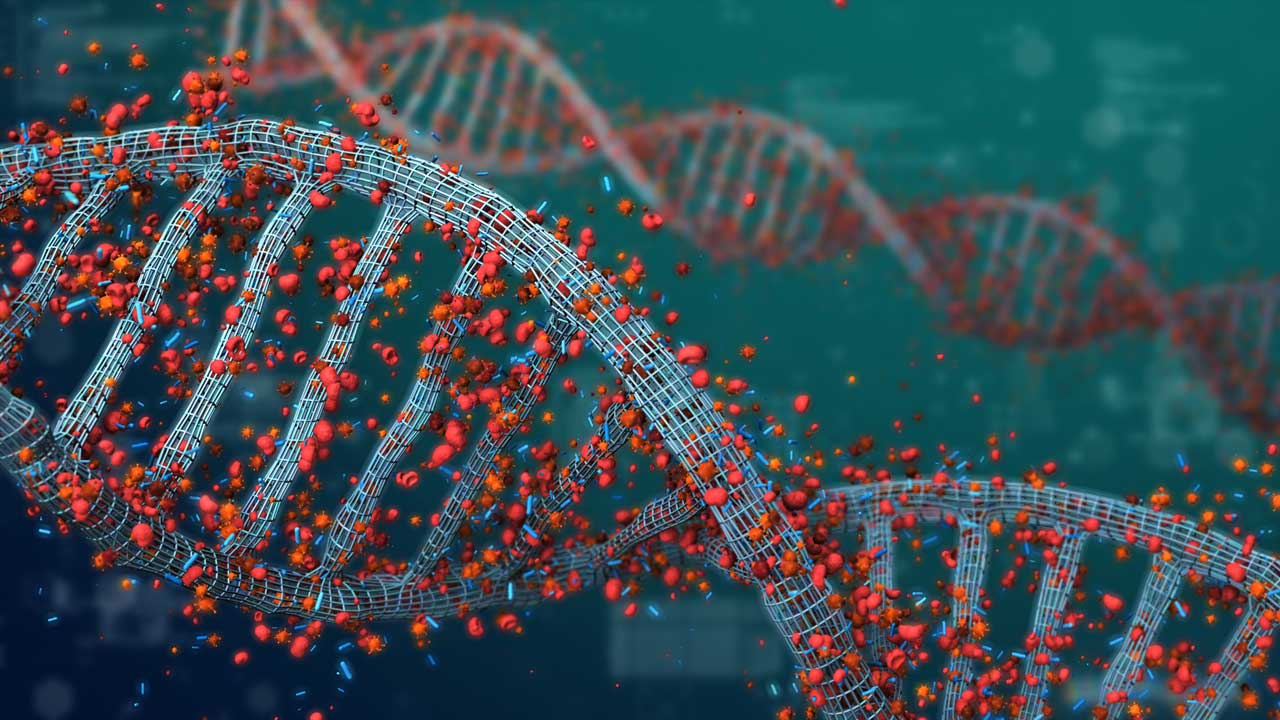
High-pressure chemistry is a pivotal area of study, offering unparalleled potential for developing new materials, pharmaceuticals, and chemical processes. By manipulating pressure, researchers and industrial chemists can explore chemical reactions under conditions unattainable at atmospheric pressure, unlocking new pathways and efficiencies. At Adesis, we harness high-pressure chemistry to push the boundaries of innovation, ensuring our clients access cutting-edge solutions. Our expertise enables the exploration of this specialized field, offering a gateway to novel chemical landscapes and opportunities.
Understanding High-Pressure Chemistry: An Introduction
High-pressure chemistry involves conducting chemical reactions under pressures significantly higher than atmospheric conditions. This unique environment can dramatically alter reaction rates, selectivity, and even allow for otherwise impossible reactions. By applying pressure, we can manipulate molecular interactions and energy landscapes, opening up new avenues for synthesis and discovery.
In the realm of High-pressure chemistry, the relationship between pressure and chemical behavior becomes profoundly evident. Researchers have found that as pressure increases, so does the potential to steer reactions in desired directions, enhance reaction speeds, and improve yield. This principle is foundational in developing efficient, innovative manufacturing processes for complex molecules.
The Role of Pressure in Chemical Reactions
Pressure plays a crucial role in chemical reactions by influencing the behavior of molecules. Under high pressure, molecules are forced closer together, increasing the likelihood of collisions and reaction rates. This effect is particularly beneficial for reactions that involve bulky or spatially complex molecules. We have learned how to maximize the benefits of high-pressure chemistry for the benefit of our clients.
Furthermore, pressure can affect the equilibrium of a reaction, pushing it toward the formation of desired products. In certain cases, applying pressure allows for stabilizing reaction intermediates, facilitating inaccessible pathways under normal conditions. This control over reaction dynamics is a powerful tool in synthetic chemistry, enabling the precise manipulation of reaction outcomes. It is our in-depth understanding of this process that sets us apart from our competitors.
Key Applications of High-pressure Chemistry in Industry
High-pressure chemistry finds critical applications across various industries, from pharmaceuticals to materials science. In pharmaceutical manufacturing, High-pressure techniques are used to synthesize complex drug molecules with greater efficiency and selectivity. This approach can lead to the discovery of new drugs and more sustainable production methods.
In materials science, High-pressure chemistry is employed to create novel materials with unique properties, such as enhanced strength, conductivity, or chemical resistance. These materials have vast applications, including electronics, aerospace, and renewable energy technologies, showcasing the versatility and impact of high-pressure techniques. The versatile applicability of high-pressure chemistry has made it a staple of the industry.
Advancements in High-pressure Chemistry Techniques
Recent advancements in High-pressure chemistry have significantly expanded its capabilities and applications. Cutting-edge research has led to the development of more sophisticated pressure reactors that allow for precise control over reaction conditions. These technological innovations enable chemists to explore a broader range of pressures and temperatures, pushing the boundaries of what is chemically possible.
Furthermore, computational chemistry is increasingly important in understanding and predicting the outcomes of high-pressure reactions. By simulating reactions under various pressure conditions, researchers can identify promising reaction pathways and optimize conditions for scale-up, accelerating the development of new processes and products. Reach out to us to learn more about how we can leverage these innovations to help you meet your goals.
Equipment and Safety Considerations for High-pressure Operations
Operating under high pressure necessitates specialized equipment designed to withstand extreme conditions. Pressure reactors, often made from robust materials like stainless steel or titanium, are essential for safely conducting high-pressure chemistry. These reactors are equipped with safety features to manage the risks associated with high-pressure environments.
Safety is a paramount concern in high-pressure operations. Rigorous protocols and training ensure personnel’s well-being and experiments’ integrity. By adhering to strict safety standards and continuously monitoring reaction conditions, we mitigate the risks associated with high-pressure chemistry, ensuring a safe and productive research environment. Safety always comes first.
Challenges and Solutions in High-pressure Chemistry
- Scalability: Scaling high-pressure reactions from laboratory to industrial scale presents challenges in maintaining reaction control and safety. Adesis tackles this by employing modular design principles in reactor construction, allowing for flexible adaptation to larger volumes.
- Cost: The initial investment in high-pressure equipment can be substantial. We mitigate these costs through efficient reactor design and multipurpose functionality, ensuring that equipment can be used for various reactions, maximizing return on investment.
- Complexity of Reaction Control: Precisely controlling reactions under high pressure requires sophisticated monitoring and control systems. Adesis incorporates advanced sensors and automation in our reactors, providing real-time data and adjustments to maintain optimal conditions.
- Safety Risks: High-pressure operations carry inherent safety risks. Adesis prioritizes safety through comprehensive training, rigorous maintenance schedules for equipment, and employing redundant safety systems to protect against pressure-related accidents.
- Material Compatibility: Not all materials withstand High-pressure conditions without degrading. We select materials based on compatibility with both the chemical reactions and the high-pressure environment, ensuring the longevity and reliability of our equipment.
Future Directions and Innovations in High-pressure Chemistry
Exciting prospects mark the future of high-pressure chemistry for innovation and discovery. Ongoing research focuses on expanding pressure and temperature limits to access previously unreachable chemical spaces. This exploration will unlock new reactions, materials, and synthesis pathways, contributing significantly to scientific and industrial advancements.
Collaboration between academia and industry is crucial in driving these innovations forward. By combining academic insights with industrial expertise and resources, the field of High-pressure chemistry will continue to evolve, offering solutions to some of the most challenging problems facing society today.
Let Adesis Leverage High-pressure Chemistry To Help You Meet Your Goals
At Adesis, we are at the forefront of leveraging high-pressure chemistry to solve complex challenges and accelerate innovation. Our expertise, state-of-the-art equipment, and commitment to safety make us an ideal partner for your high-pressure chemistry needs. By collaborating with us, you can access cutting-edge solutions that can enhance efficiency, yield, and quality in your chemical manufacturing processes. Contact us today to explore how high-pressure chemistry can transform your projects and help you achieve your goals.


